It’s dark and it’s cold, just a few degrees above freezing. And it feels as if a garden hose has been turned on you. You’re alert to your body’s messages, mindful of the deadly consequences if hypothermia sets in.
Oh, and you’re caked in mud and, depending on the expedition, you may not have showered in three weeks. You’re ravenous and exhausted, having expended your food supply and your energy during your 30-mile hike just to reach the vertical cave, where you’re descending hundreds of feet into the earth, sometimes navigating narrow passages, sometimes searching for holds, sometimes rappelling, sometimes toeing your way through rubble. Sometimes people die.
The bottoms of the caves “are terrible places. They’re horrible,” said Philip Rykwalder ’01. “They’re great memories for me.”
This is nirvana for Rykwalder, whose passion for caving was ignited at age 14 when he and a friend summoned the nerve to crawl into a 55-foot horizontal cave in his suburban Nashville, Tennessee, neighborhood, carrying a BB gun, a candle and a flashlight. That led to nearly 30 years of cave exploration, first in the 80 Nashville-area caves, and then on to caves in at least 18 American states and at least 10 other countries: Canada, China, Ecuador, Greece, Guam, Guatemala (eight times), Mexico (at least 40 times), the Philippines, Russia and Ukraine.
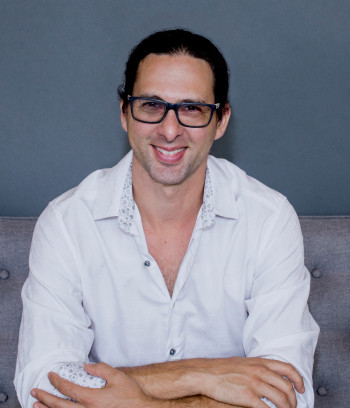 “Caving is all about discovery. That’s the goal: Discovery, like going to the moon, something new,” said Rykwalder. “… Caving for me is not a thrill thing like skydiving or whatever. It’s the thrill of the unknown. What’s around the next corner?”
“Caving is all about discovery. That’s the goal: Discovery, like going to the moon, something new,” said Rykwalder. “… Caving for me is not a thrill thing like skydiving or whatever. It’s the thrill of the unknown. What’s around the next corner?”
For a while, caving defined Rykwalder’s lifestyle. After graduating from DePauw with a degree in geology and earning a master’s in the same subject at the University of Texas at San Antonio, “I got a job for a hot minute,” he said. “And I was like, I just want to go caving. And so honestly, I moved into a van and I drove around the country going caving for years.”
He would do $15-an-hour manual labor for half the year, usually sleeping in his van or on a friend’s floor, so he could afford to cave for the other half, often in faraway lands. He escorted photo and video crews for National Geographic, The Discovery Channel, the Weather Channel and the U.S. Army into caves, and worked on the film “No Place on Earth,” a documentary about 39 Jews who survived World War II by living in a Ukraine cave for 544 days.
His goal was to be internationally known as the best American caver. “My strategy was to find the deepest cave in the U.S. and I could hang my hat on that,” he said. “At the same time, I knew it is probably impossible. There are, ballpark, 100,000 caves in the U.S., and what are your chances of finding the single deepest one?”
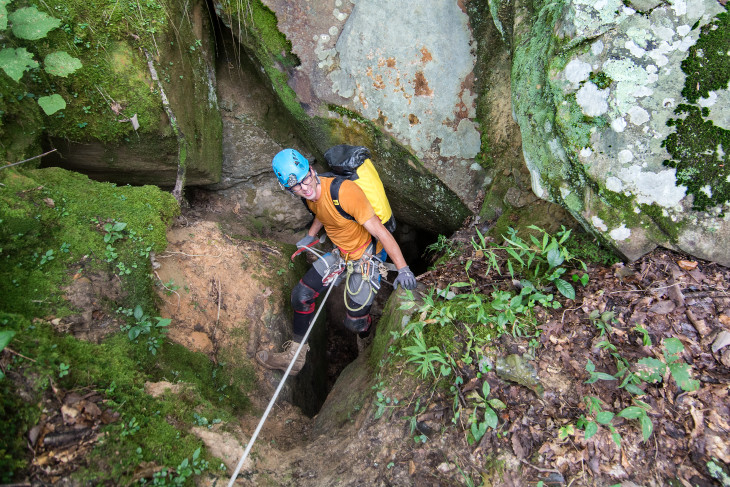
Turns out his chances were pretty good. Among the many caves that Rykwalder and his caving partner have found is the deepest known limestone cave in America, the 1,863-foot Tears of the Turtle, which they discovered in 2006.
“Tears is terrible,” he said. “It’s well named. It’s terrible. The whole thing is just a crack, an 18-hundred-foot-deep crack.”
They also discovered the third-deepest cave in America, Virgil the Turtle’s Great House, at 1,586 feet, and the 13th deepest, Tickle Me Turtle, at 1,027 feet. All are in Flathead County, Montana.
(Three lava tubes in Hawaii are considerably deeper, but Rykwalder said that “there are snobs among us; we want limestone. That’s the classic.”)
“Literally our life plan was to spend our whole lives looking for the deepest cave in the U.S.,” Rykwalder said. “We found it when I was 27.”
That was a problem. “I was content turning old and not having accomplished that goal,” he said. “I figured it would take me into my old age in caving, just the search. So at 27 I found that, and … my drive dissolved, because I accomplished my life goal a little early. …
“Nothing worked anymore. I didn’t like living in my van. I didn’t like living on, sleeping on floors. I didn’t like not having any money. I didn’t like not going out to eat. I had no luxuries. And, you get older and I (thought) I would like a person.”
Oh, he still loves caving. In fact, he’s thinking of going to Crete in the fall and last March he spent several weeks in Mexico, exploring the Chevé Cave, which, at 5,039 feet, is the world’s 11th deepest. (An Indiana caver died there in 1991.) Last year, Rykwalder helped establish the second of five camps in Chevé on a flat spot that emanates from the vertical shaft. He lived 10 days at the camp.
“I realized I needed a new goal, so I set the goal on business,” he said. He moved in with his parents and started companies that did mobile car detailing; caving tours; roofing; and insurance adjusting. All failed. He landed on real estate wholesaling, in which he bought a house and then sold it on contract for a profit. He began flipping houses. And he bought one rental house, then more.
The Nashville market was pricey, so he moved to Chattanooga, where he has expanded his rental portfolio. When he had problems with contractors, he started a construction company. When he suspected a property management company of fraud, he started his own management company, which now manages almost 1,000 properties – his and others’. He joined the Hamilton County Cave and Cliff Rescue group, with which he has been involved in about eight rescues in two years. And he found his person; she caves too.
When the businesses get to be too much, Rykwalder goes caving; his business partners understand that. “My happiness is way more important than a little bit more money,” he said.
“If I had to give up 95% of my life, there’d be no hesitation: I’d keep caving,” he said. “I would give up my real estate, my businesses or whatever, and I would retain caving. I could build the businesses back up. The cavers and the caving are my people.”
Top photo: Rykwalder in Rio Secreto in Quintana Roo by Dave Bunnell.
DePauw Magazine
Summer 2022
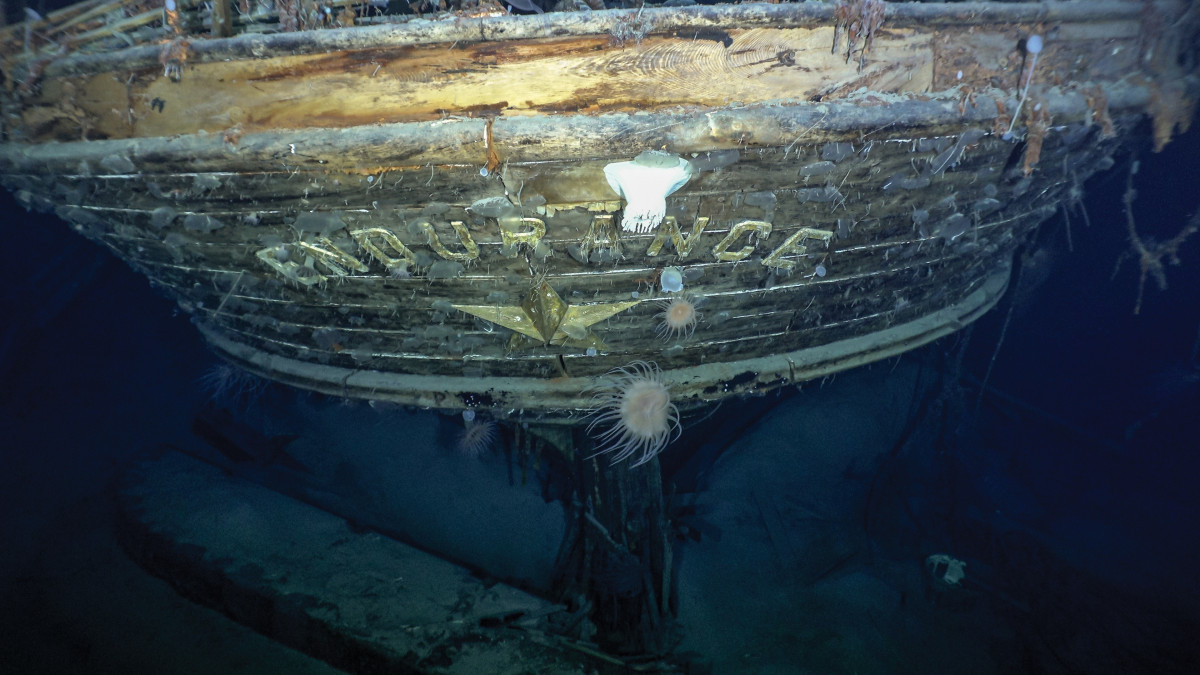 Adventure! Searching for Shackleton
Adventure! Searching for Shackleton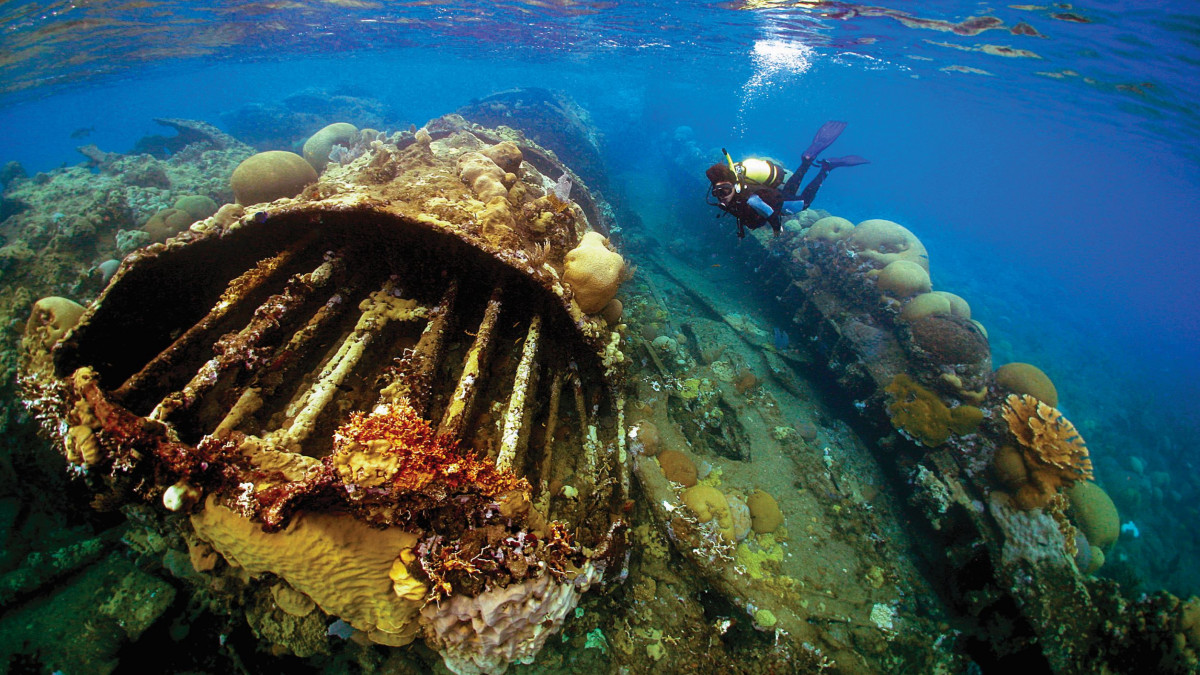 Alum dives into uncharted waters of Cuba for tourism business
Alum dives into uncharted waters of Cuba for tourism business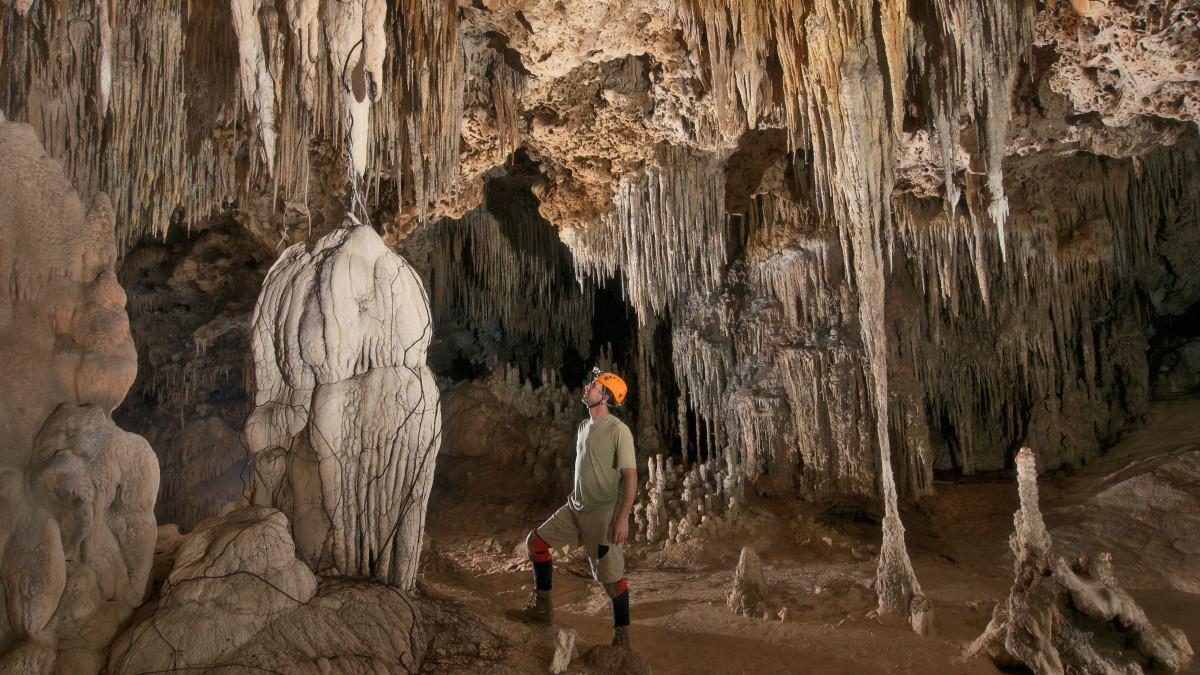 Voyage to the center of Earth gives caver the thrill of discovery
Voyage to the center of Earth gives caver the thrill of discovery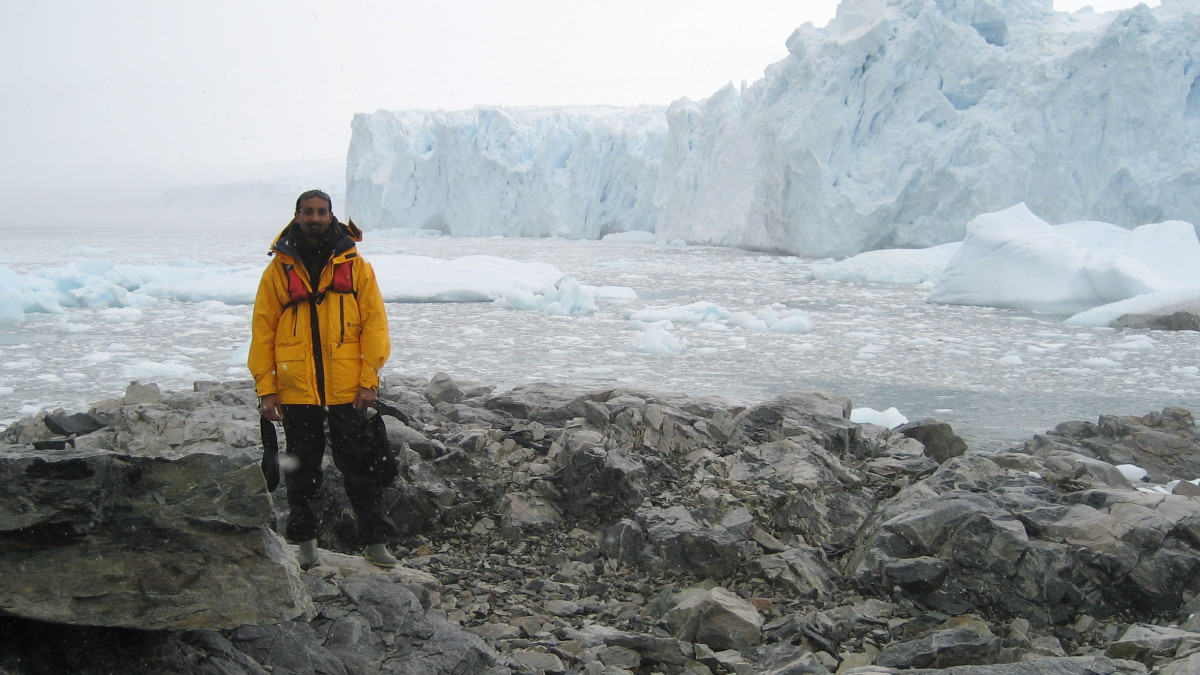 Fascination with exploration spurs alum to visit 7 continents
Fascination with exploration spurs alum to visit 7 continents Yo ho! Yo ho! A sailor’s life for Stotesbery
Yo ho! Yo ho! A sailor’s life for Stotesbery Zimbabwean student lives dream, heads to Greencastle
Zimbabwean student lives dream, heads to Greencastle ‘Accidental nomad’ responds to whisper and whim
‘Accidental nomad’ responds to whisper and whim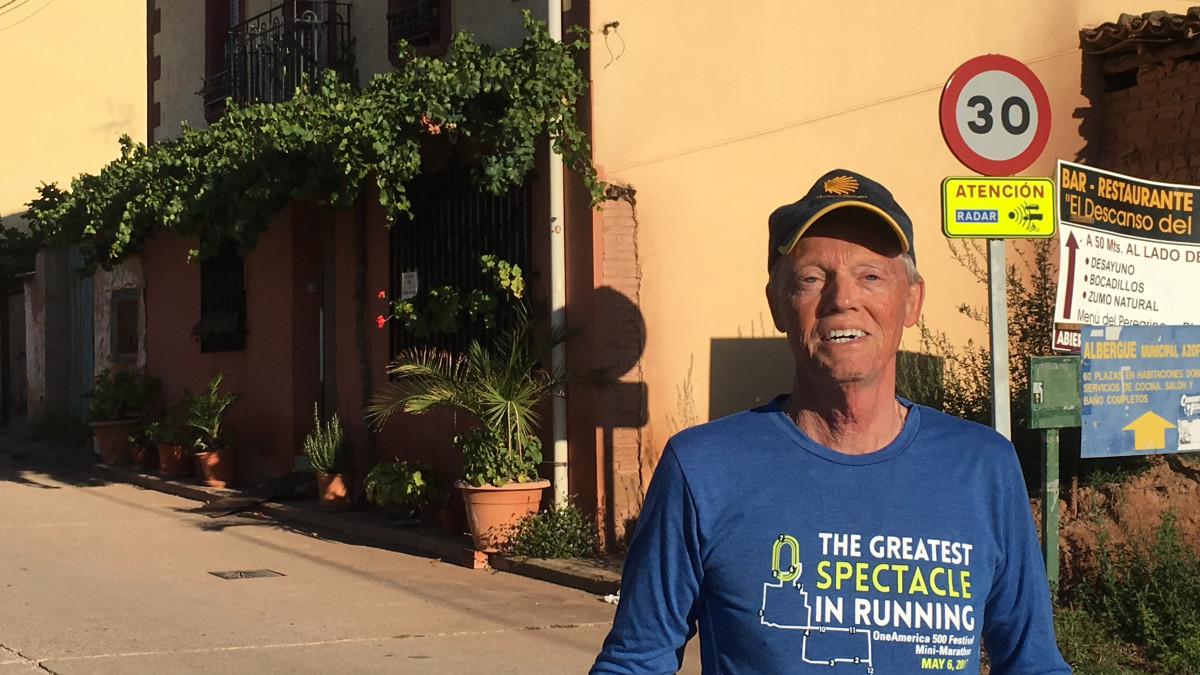 Alum discovers adventure during Camino pilgrimages
Alum discovers adventure during Camino pilgrimages  Risk-taking entrepreneur seeks everyday adventure
Risk-taking entrepreneur seeks everyday adventure For 25 years, Posse program has produced leaders the world needs
For 25 years, Posse program has produced leaders the world needs Posse prepared alums to promote positive change
Posse prepared alums to promote positive change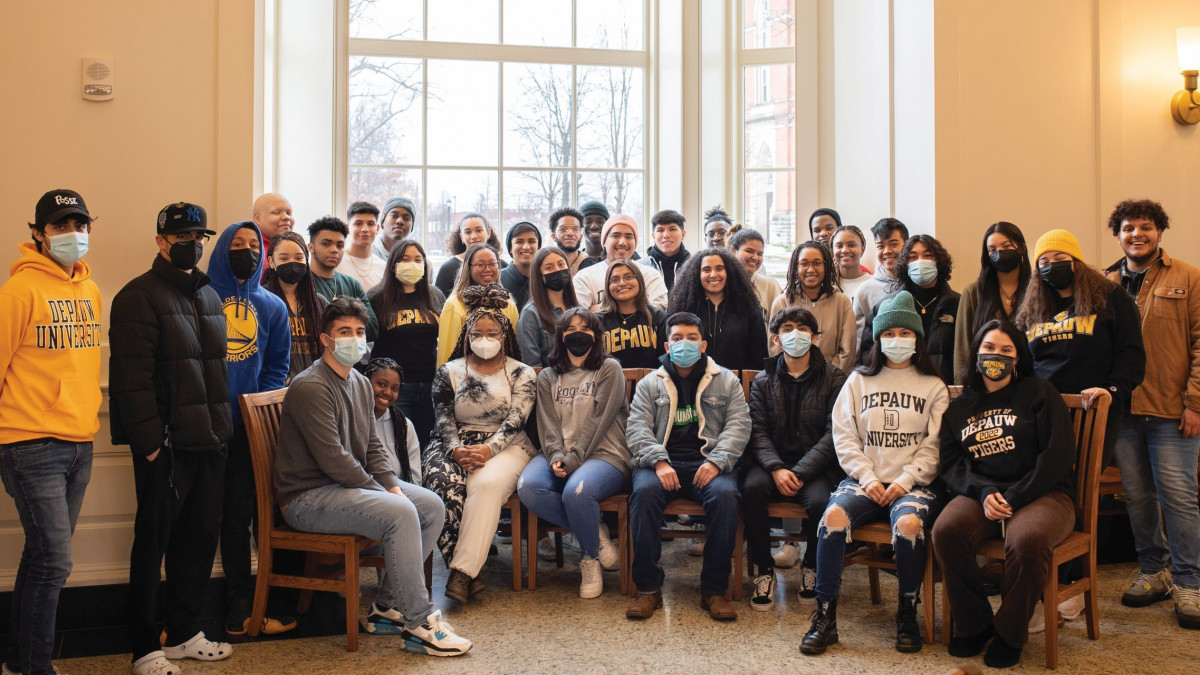 Posse leads to career excellence for these alums
Posse leads to career excellence for these alums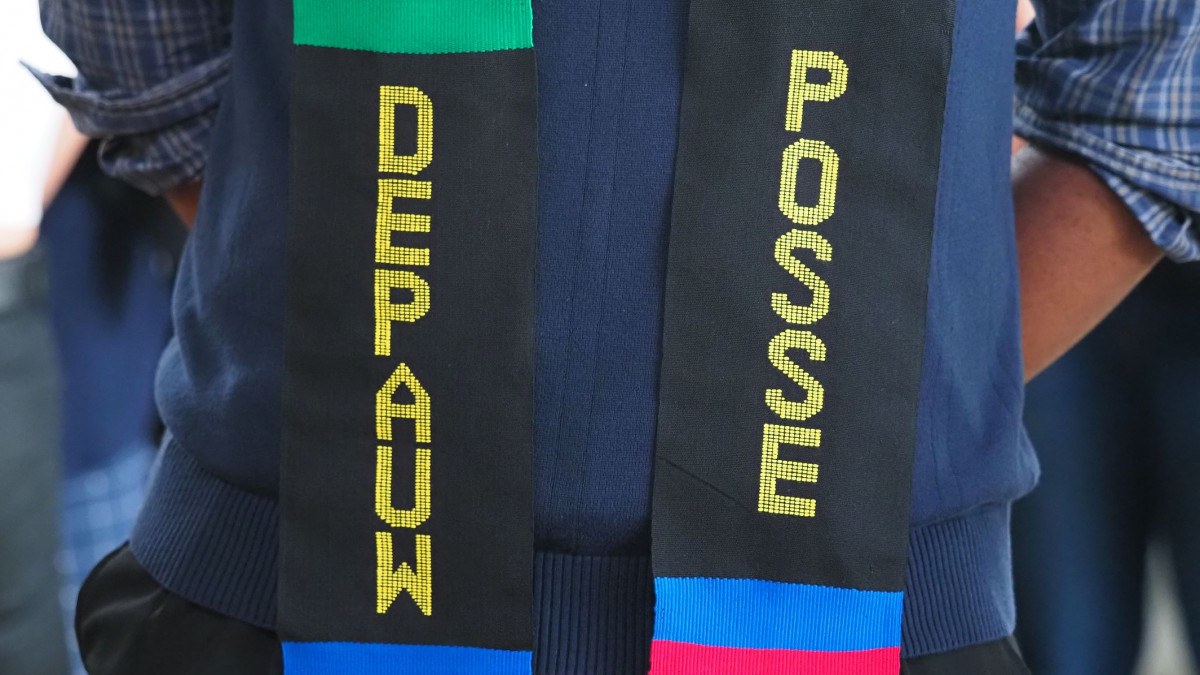 Posse and DePauw partner to prepare promising professionals
Posse and DePauw partner to prepare promising professionals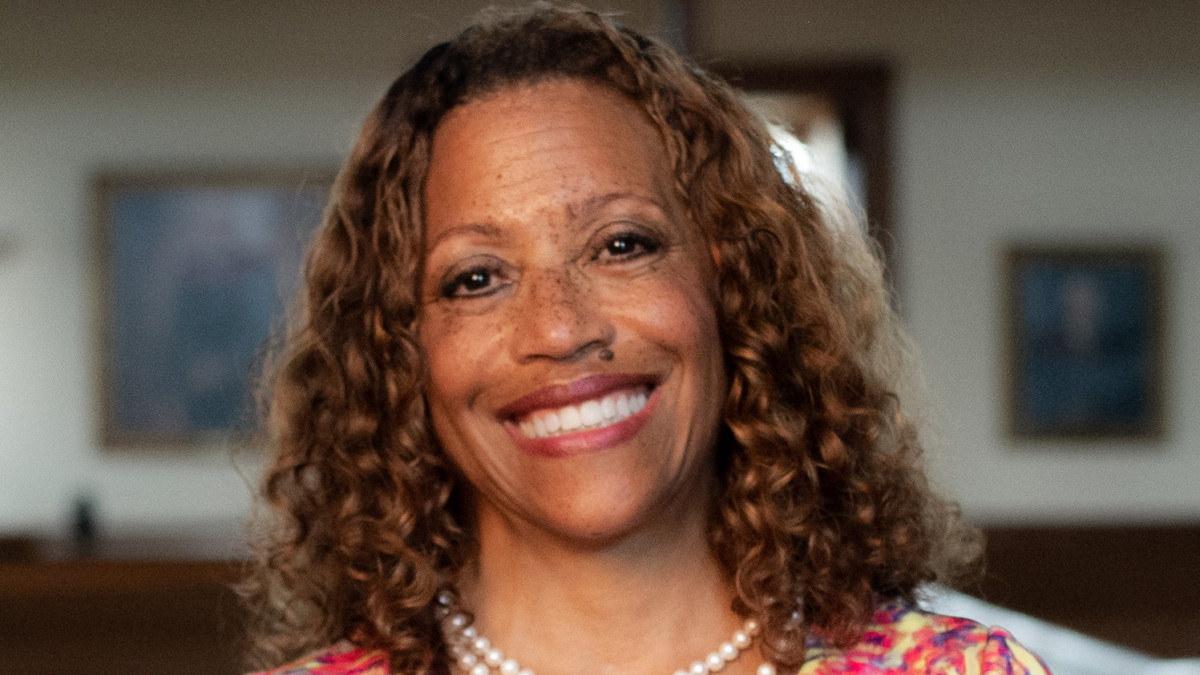 A message from the president
A message from the president The new VPs: Exploring new vistas at DePauw
The new VPs: Exploring new vistas at DePauw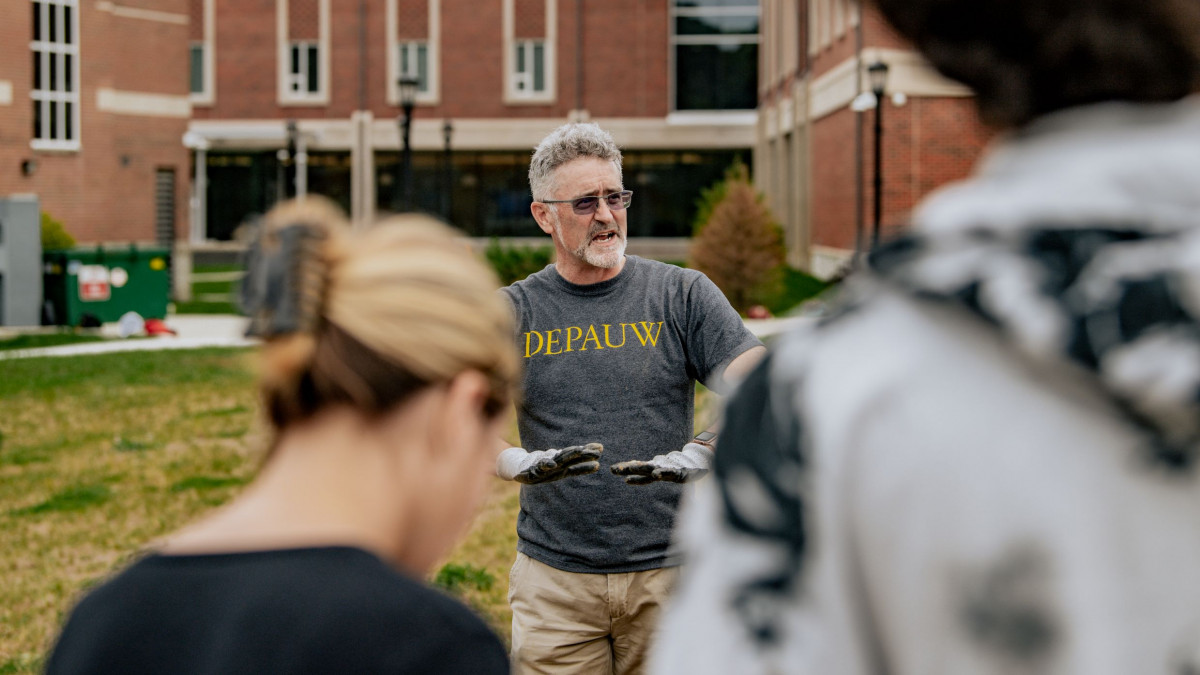 The Bo(u)lder Question by Pedar Foss
The Bo(u)lder Question by Pedar Foss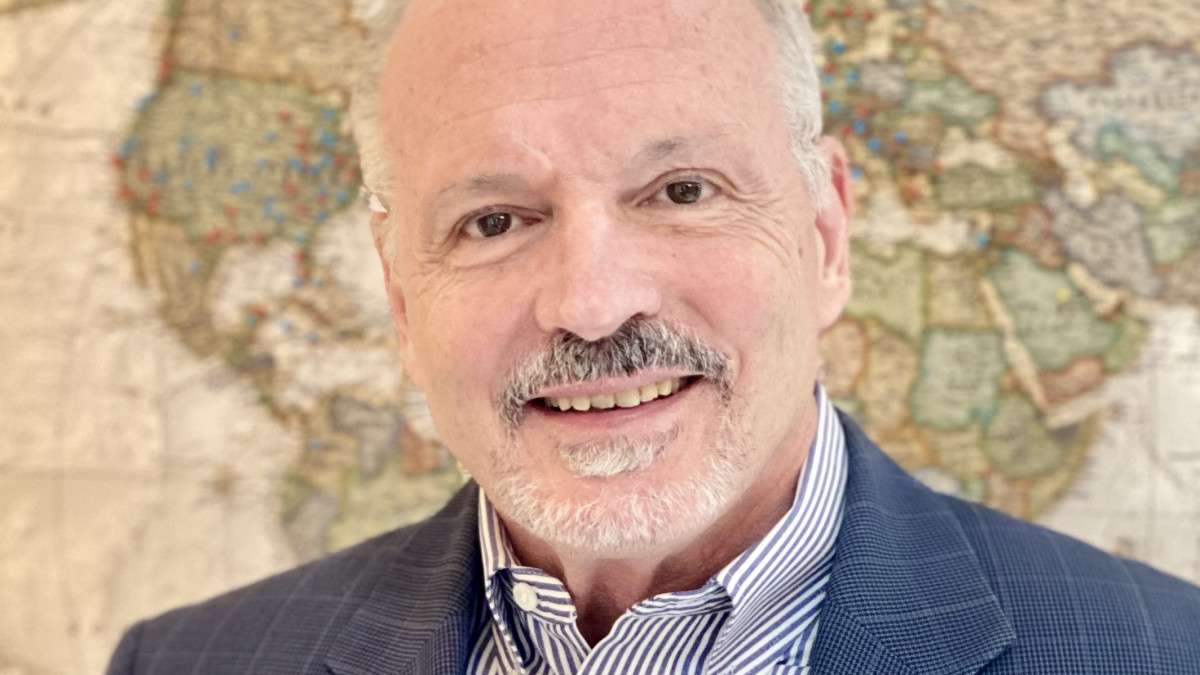 First Person by Roland T. Rust ’74
First Person by Roland T. Rust ’74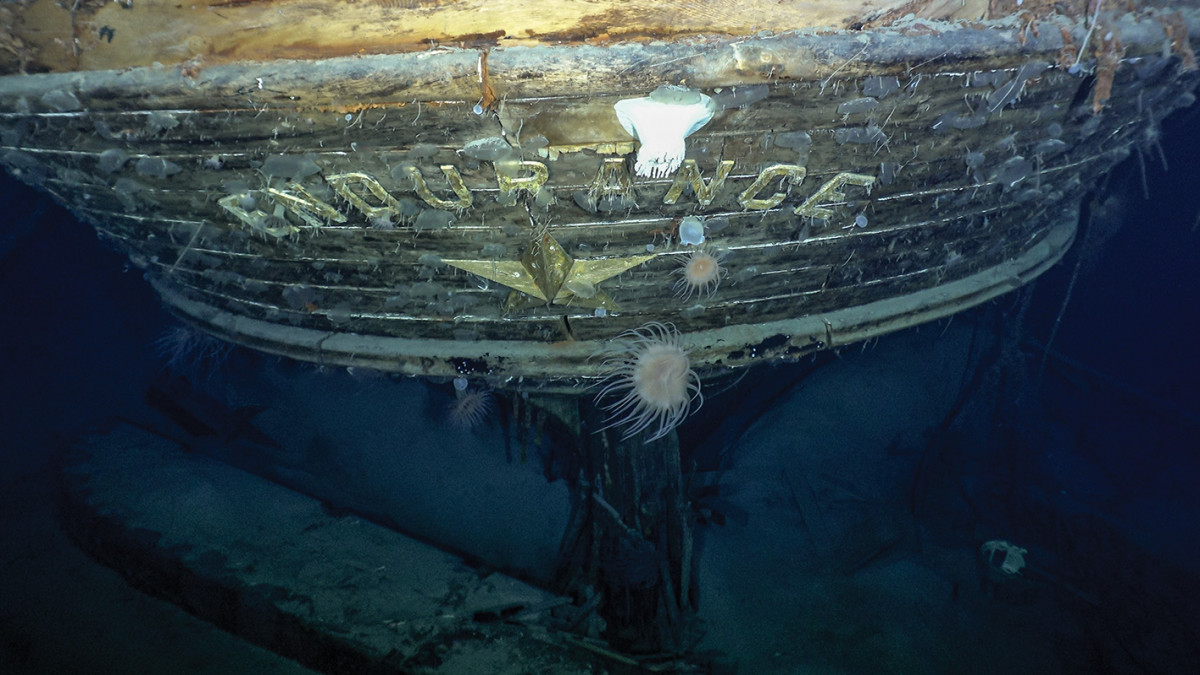 DePauw Magazine: Adventure!
DePauw Magazine: Adventure!
DePauw Stories
A GATHERING PLACE FOR STORYTELLING ABOUT DEPAUW UNIVERSITY
Browse other stories
-
Athletics
-
Football - 336 Students Named to 2025 Spring Tiger Pride Honor Roll
-
Football - DePauw-Record 190 Student-Athletes Named to NCAC's Dr. Gordon Collins Scholar-Athlete Honor Roll
-
Football - DePauw Unveils 2025 Athletics Hall of Fame Class
More Athletics
-
-
News
-
Outstanding scholars named to Spring 2025 Dean's List
-
Alumni News Roundup - June 6, 2025
-
Transition and Transformation: Inside the First-Year Experience
More News
-
-
People & Profiles
-
11 alums make list of influential Hoosiers
-
DePauw welcomes Dr. Manal Shalaby as Fulbright Scholar-in-Residence
-
DePauw Names New Vice President for Communications and Strategy and Chief of Staff
More People & Profiles
-
-
Have a story idea?
Whether we are writing about the intellectual challenge of our classrooms, a campus life that builds leadership, incredible faculty achievements or the seemingly endless stories of alumni success, we think DePauw has some fun stories to tell.
-
Communications & Marketing
101 E. Seminary St.
Greencastle, IN, 46135-0037
communicate@depauw.eduNews and Media
-
News media: For help with a story, contact:
Bob Weaver, Senior Director of Communications.
bobweaver@depauw.edu.